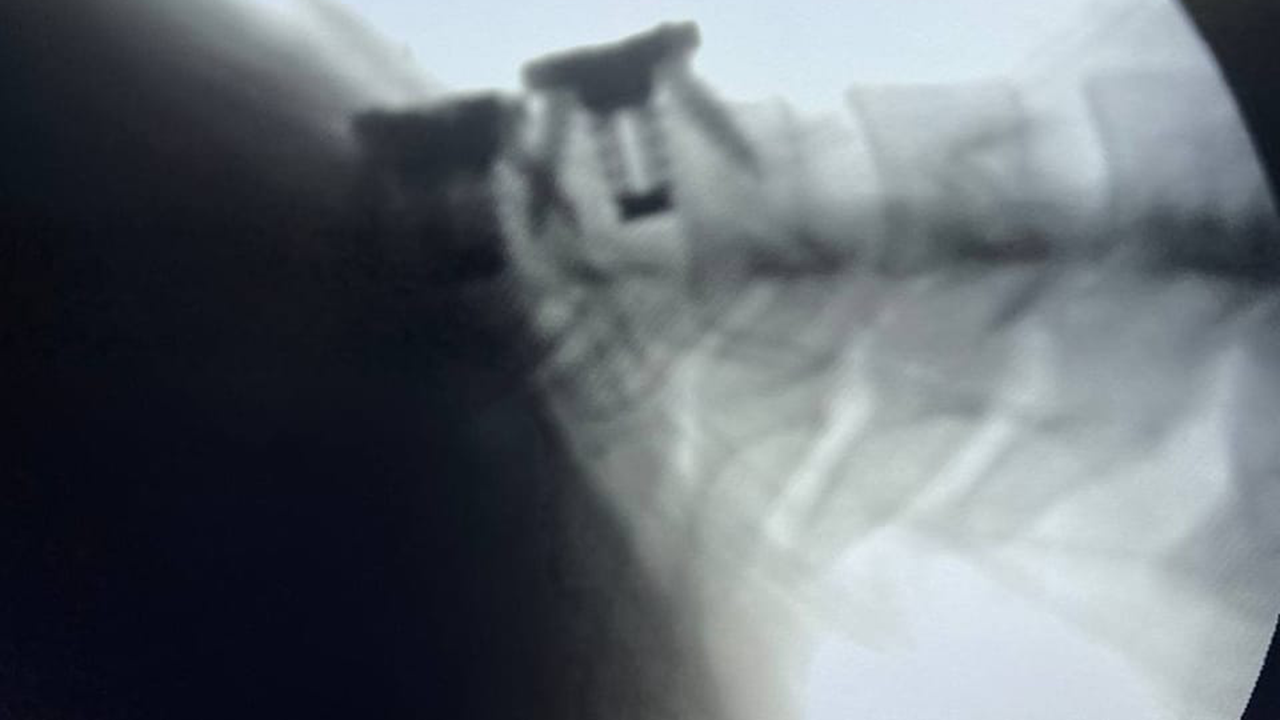Understanding Transforaminal Epidural Steroid Injection (TFESI): What You Need to Know!
Nerve 30 Jan 2024
TFESI, or Transforaminal Epidural Steroid Injection, is a medical procedure that involves injecting an anesthetic and a steroid into the epidural space to alleviate inflammation causing back or neck pain. While it doesn't cure the underlying condition, TFESI offers pain relief and aids in accurate diagnosis.
What Is TFESI?
TFESI, or Transforaminal Epidural Steroid Injection, is a medical procedure that involves injecting an anesthetic and a steroid into the epidural space to alleviate inflammation causing back or neck pain. While it doesn't cure the underlying condition, TFESI offers pain relief and aids in accurate diagnosis.
How Long Does TFESI Take?
The procedure typically takes 15 to 30 minutes, with the injection itself lasting about 5 to 10 minutes.
Is TFESI Painful?
While the injection involves a needle, a local numbing agent is used to minimize discomfort. Though you may feel some pressure, it's generally not sharp pain. Intravenous sedation is available if needed, but you won't be fully "put under" for the procedure.
When Does Medication Take Effect?
Temporary relief may occur immediately due to the anesthetic. However, the steroid may take up to 10 days to provide pain relief, and there might be an initial increase in pain during this period.
Any Post-Procedure Restrictions?
After TFESI, have someone drive you home, and avoid driving for the rest of the day. Steer clear of baths, hot tubs, swimming, or water immersion. Don't apply heat over the injection site for 24 hours. Most patients can return to work the day after.
How Many TFESI Injections Are Needed?
While some find relief with one injection, multiple injections might be necessary for others.
How Often Can TFESI be Administered?
Patients are typically limited to a few injections annually to prevent potential harm to the adrenal glands.
What Are TFESI Side Effects?
Though generally safe, there are possible side effects such as headache, dizziness, or nausea. Severe pain, persistent headache, weakness, numbness, or signs of infection should be reported promptly. Temporary weight gain may occur.
Are There Contraindications?
Patients with infections, on blood thinners, or with a history of allergic reactions to steroids should avoid TFESI. It's not recommended for those with acute spinal cord compression or congestive heart failure. Diabetic patients need careful monitoring due to potential temporary increases in blood glucose levels.




